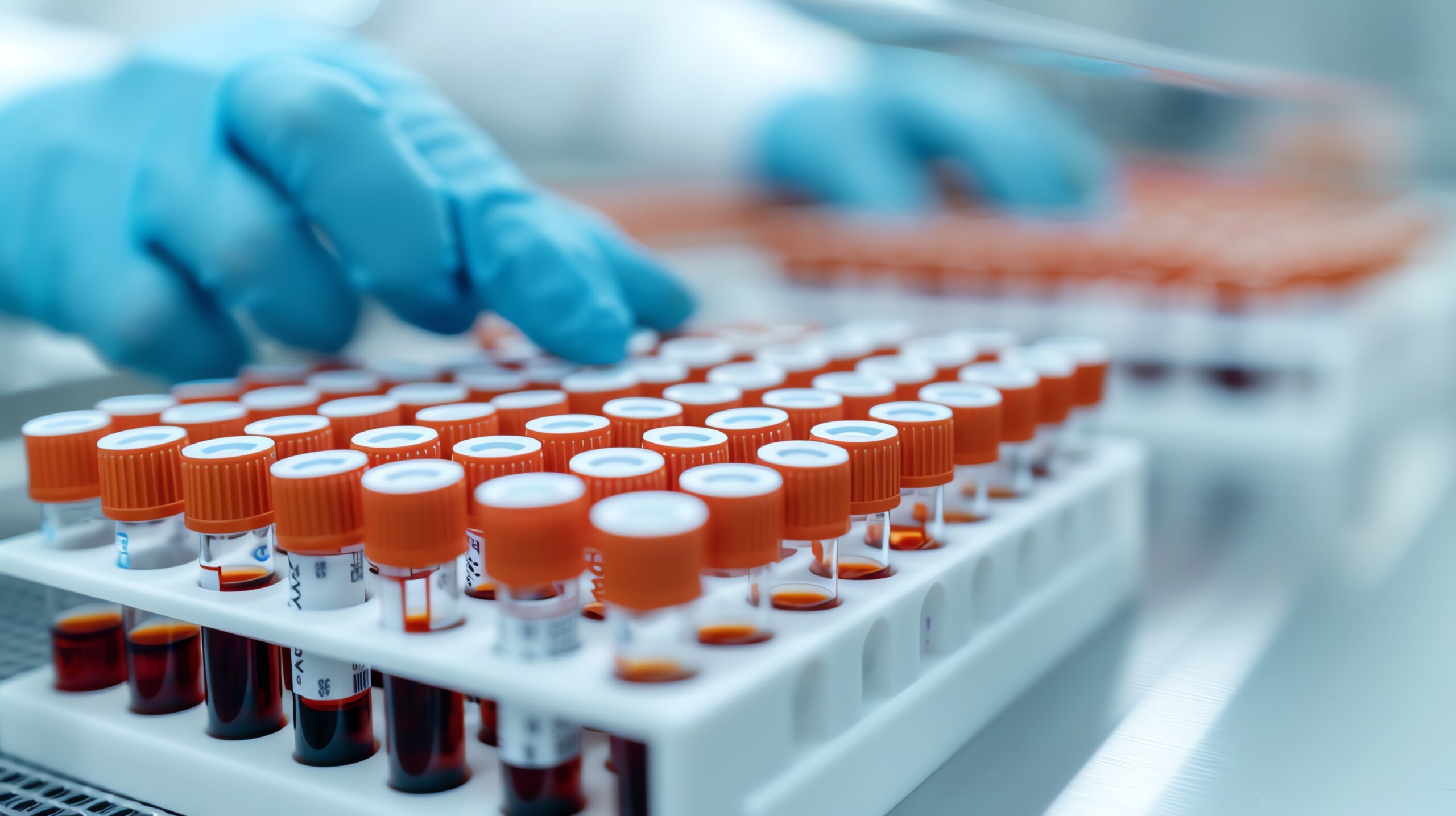
Biobanks continue to evolve over time.
What started out as simple biological and environmental repositories for various sample collections continues to expand into large infrastructure collection points for studying cancer, diseases, and human conditions like Down syndrome.
At DownSyndrome Achieves, we continue to advocate for Down syndrome research. We created the DSA Biobank to greatly contribute to this effort, helping us better understand health-related conditions associated with those who have DS.
Most individuals don’t realize that they can also benefit from research studies utilizing biobank specimens to better understand various health conditions. These studies sometimes result in new drug discoveries, treatments, and therapies—advances that can help all.
What is an example of a biobank?
There are all kinds of biobanks.
A biobank is a physical space where specimens are stored. This is usually in a room full of freezers, keeping specimens at exactly the right temperature so they are viable. Security ensures they are protected and can’t be easily tampered with or harmed.
Not all Biobanks are created the same. Typically a Biobank is focused on supporting research for a specific condition, like Down syndrome. Each biobank also stores a variety of different sample types depending on the research it is being set up to support.
Nicole White, researcher and DSA Biobank Coordinator, talks about what a biobank is and why it’s so important.
Biobank Locations
Just as there are biobanks for different diseases and health conditions, biobanks also range in size and location.
There are several hundred biobanks across the world. In the 1990s, more and more biobanks were established.
Biobanks can be found at hospitals, universities, medical schools, pharmaceutical companies, or wherever scientific research occurs in the lab.
They can also range in size from small refrigerators to freezer warehouses, depending on the number of samples collected and stored.
Biobank Samples
Biobank samples are biospecimens or tissue specimens collected from individuals. These individuals could be considered healthy, living with a particular disease, health condition, or postmortem samples.
Along with the tissues and genetic material collected, an individual’s family history, medical history, and past medical records are also considered with consent from the individual.
What is stored in biobanks?
Biobanks store biological samples. These DNA samples can include:
- Blood samples
- Urine
- Tissue samples
- Hair
- Saliva
- Tears
- Stool
- Spinal fluid
- Plasma
- Umbilical blood samples
- Depending on the type of study, different samples may be needed. Certain samples can be stored for years and used for future research purposes.
At DownSyndrome Achieves, we are currently supporting several funded studies with plasma, serum, DNA, RNA, saliva, and tears.
Researchers looking to study Down syndrome and related health conditions can use these samples after they have been approved through a formal application and review process.
- Final ownership of samples collected
- Biobank sustainability
- Veto rights of how samples should be used
- Having informed consent
- You must give consent or permission to participate in the research study.
- You have the right to be told the purpose of the research study.
- You must be informed of the possible risks or discomforts you may experience if you decide to participate.
- Your personal information will be kept private.
- You can withdraw from the study at any time.
- Gastrointestinal disorders
- Heart defects
- Hearing loss
- Obstructive sleep apnea
- Blood disorders like leukemia
- Celiac disease
- Thyroid conditions
- Eye diseases and vision problems
- Increased chance of developing Alzheimer’s